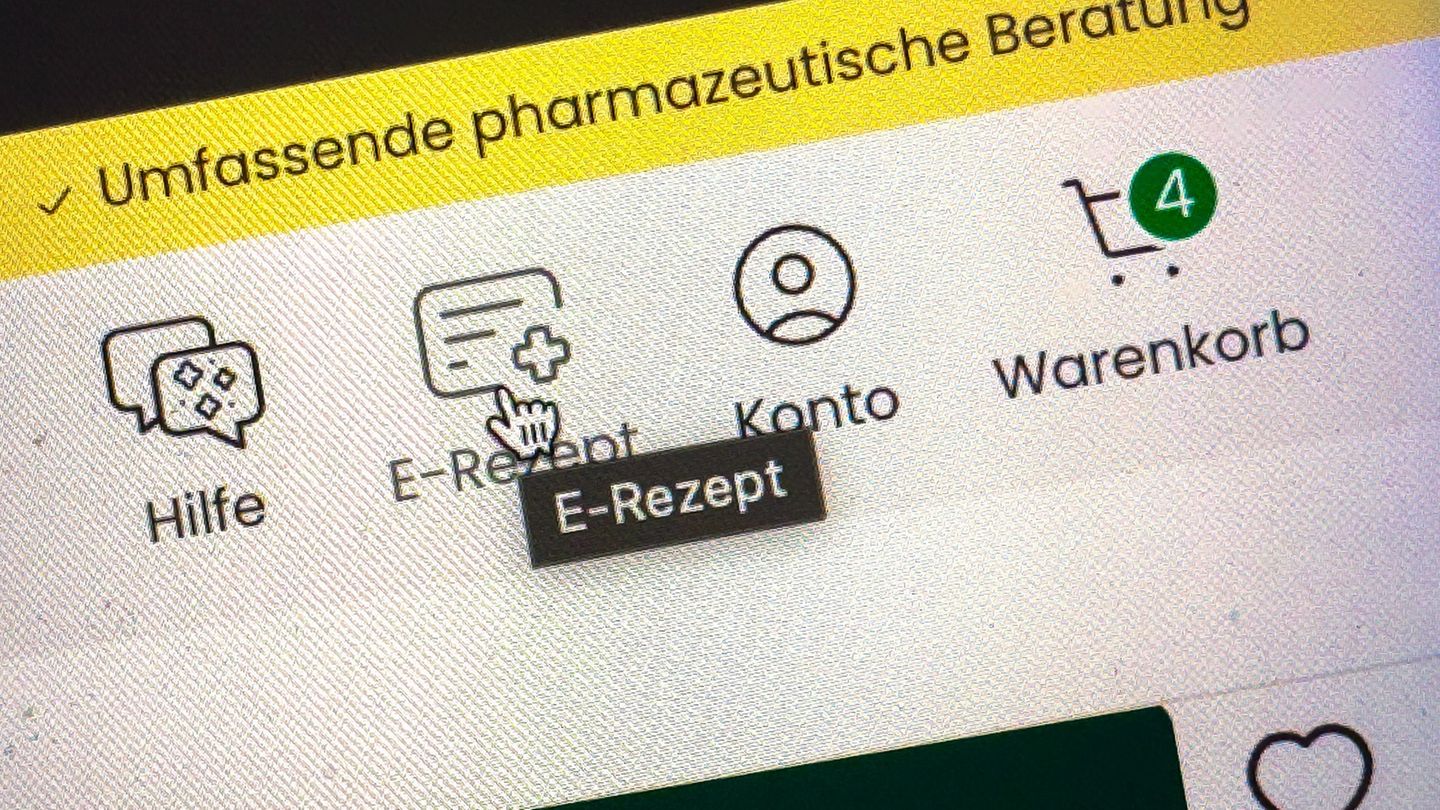The direction set by the EU is clear: by 2030, 55 percent of plastic packaging waste should be recycled. “This means that the ten million tons of recyclate produced in this way also have to be processed into end products,” says Manfred Hackl. The managing director of the recycling specialist Erema is also spokesman for the advisory board of the Upper Austrian plastics cluster. The quantity is currently around a third of this target value.
However, Upper Austria is setting itself much higher goals when it comes to recycling plastic, as Hackl announced today, Tuesday, during a joint discussion with Economics Minister Markus Achleitner and Reinhold Lang (Head of the Institute for Polymeric Materials and Testing at the JKU): According to this, Upper Austria is to become a model region for plastics circular economy. “By 2030, the contents of the yellow bag should be 100 percent recyclable,” said Achleitner. 80 representatives from research and business have drawn up a timetable for this. All relevant actors are on board: from industry to food producers and trade to waste management and politics.
“It’s important to take a holistic approach,” said Lang: It’s a mistake to first design a product and only then think about how it can be recycled. For example, a plastic bottle consists of a wide variety of materials (bottle, label, cap), which makes recycling more difficult: “We have to discuss what the packaging should look like beforehand,” said Achleitner.
In order to achieve the goals, products would have to be completely rethought and developed. As a second step, a uniform collection system for the yellow sack is needed: In some regions, for example, metal is currently also collected.
The third step records the packaging, which would have to be assembled in such a way that it can be separated by machine. The recyclate must also have a certain quality. “Not all problems can be solved technologically,” said Achleitner. There is also a need for legal regulation for the use of recyclate (as is already the case with PET bottles) and more awareness of waste separation. Another approach is the image of plastic that needs work: “It’s light, durable and can be recycled with much less energy than glass and paper,” said Hackl.
Domestic lead project
An Upper Austrian lead project that is working on improving mechanical recycling is “circPLAS-mr”, headed by JKU Professor Lang. 25 partners, from the Montanuni Leoben and the SCCH in Hagenberg to Borealis, Erema and Greiner Packaging are there. The project, which will start shortly, is scheduled to run for four years and is endowed with 6.2 million euros.
Source: Nachrichten




